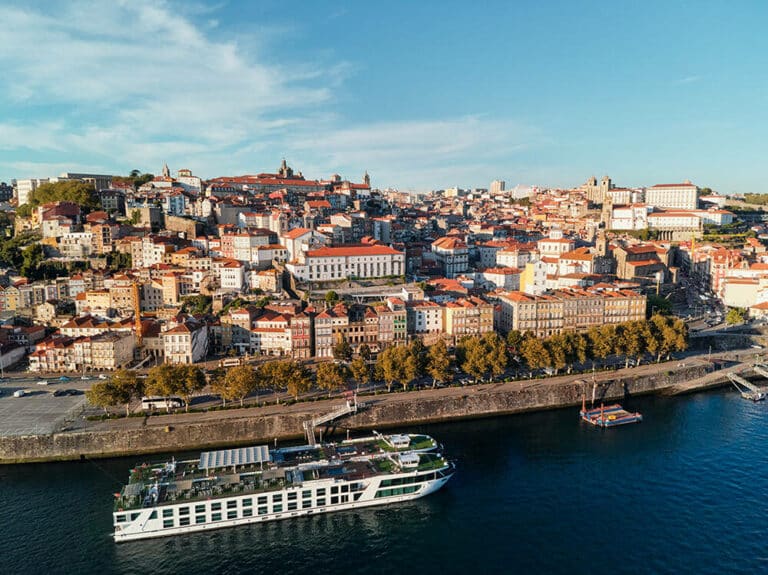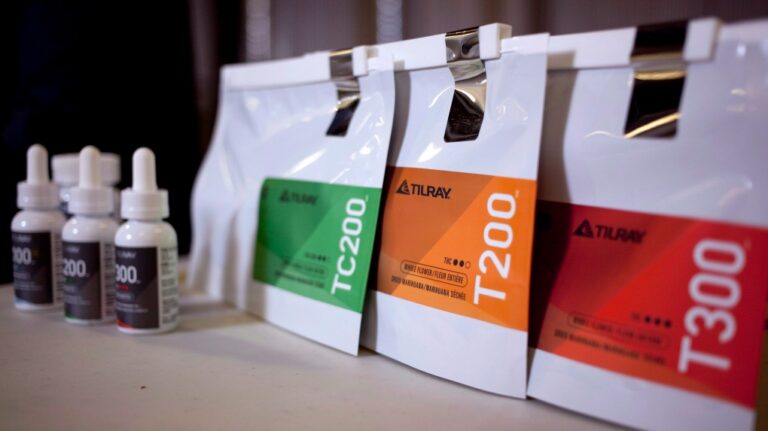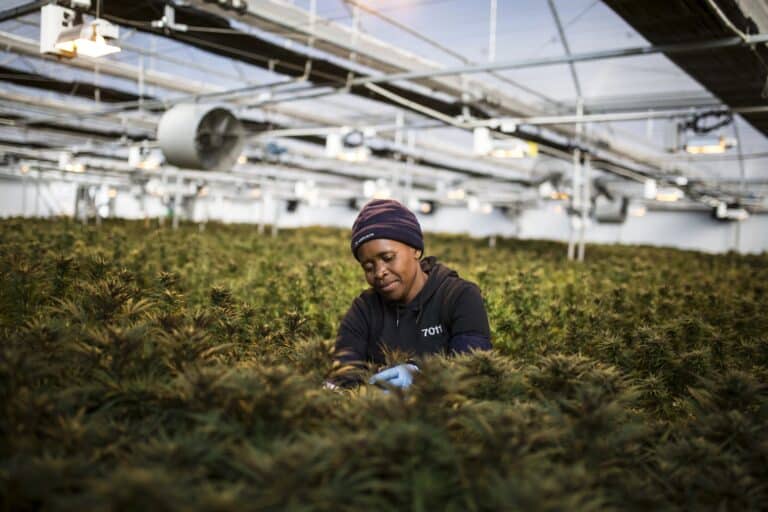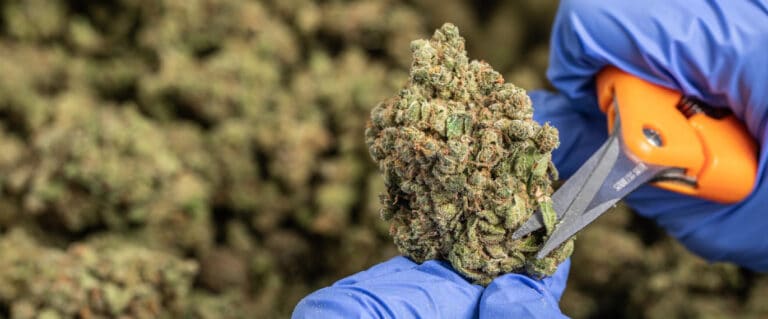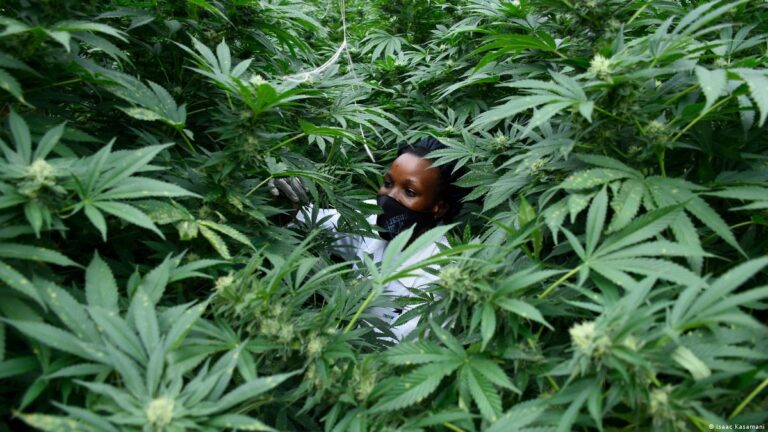One of the final steps before legalization in the top producer of cannabis resin in the world, Morocco’s national regulatory body that oversees the use of cannabis for medical purposes convened for the first time on Thursday.
In 2021, Morocco, the UN’s top producer of cannabis resin, passed a law allowing “the legal applications of medicinal, cosmetic, and industrial cannabis.”
The “National Agency for the Regulation of Cannabis Activities” (ANRAC) board of directors approved its organizational structure and 2022 budget during its inaugural meeting, which was presided over by Interior Minister Abdelouafi Laftit.
This government entity is in charge of regulating every step of the production process, from the importing of seeds and plant certification through the sale of cannabis products.
The upcoming introduction of licensing processes for national and foreign players in the legal cannabis business is one of the key components of its action plan.
The agency will also be required to establish the first cooperatives for processing and manufacturing made up of of regional growers.
An interior ministry spokesperson told AFP that the final six technical directives required to put the bill into effect were published on Thursday in the official bulletin.
Recreational cannabis remains illegal
The provinces of Al Hoceima, Chefchaouen, and Taounate, which are situated in the Rif, a hilly and impoverished region, were designated by the government as the places approved for the cultivation, production, and exploitation of cannabis in March.
According to official data from 2019, “kif,” which has been traditionally grown for millennia, was permitted under the French rule, was outlawed in 1954 but has since been tolerated, supports at least 60,000 families on 55,000 hectares.
According to the Ministry of the Interior, additional provinces could be included “depending on the interest displayed by national and international investors in operations associated to the cannabis manufacturing chain.”
With the help of this legal framework, the state hopes to grow a lucrative crop that is now controlled by traffickers.

